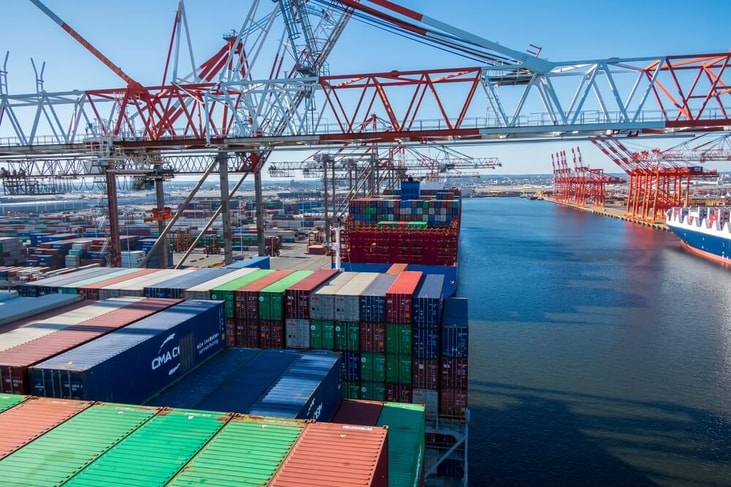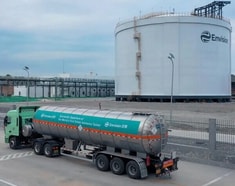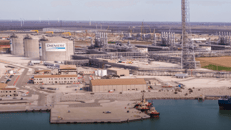US strikes pose supply chain ‘carnage’ but prices holding firm
The International Longshoremen’s Association (ILA) strike action at US east and Gulf Coast ports will cause supply chain ‘carnage’ and damage the US economy, according to data platform Xeneta.
More than 40% of containerised goods enter the US through both regions and the strike is estimated to be costing $5bn a day.
But while the impact is severe, Xeneta – whose research is based on more than 450 million crowdsourced datapoints – took issue with ILA claims of soaring prices.
Average spot rates on the major front haul from the Far East to US East Coast stand at around $7,000 per FEU [40ft container] and while average spot rates from North Europe to the US East Coast have increased 50% since the end of August, they are still only $2,800 per FEU.
... to continue reading you must be subscribed
























